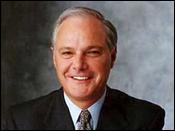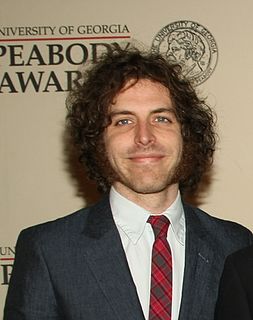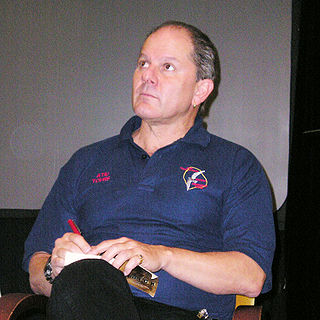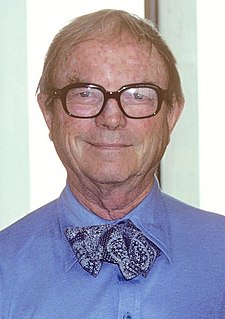A Quote by Philip Baker Hall
The bigger the budget, the more people that you have to coordinate and it's not easy to do that always because, not only do people have trouble communicating in that way, but often there are internal disagreements and everybody is not necessarily on the same page. Even in a big-budget movie with famous actors and directors, everybody could be on a completely different page. The director has to figure out a way of getting everybody on the same page, more or less, and keeping them there.
Quote Topics
Related Quotes
A budget is not an issue. I mean a budget is used if you need more weeks or more time or more elements, but the creative process is exactly the same. In some instances you become more of a boss when you are doing a small movie. So that is not so relevant. The only thing is that the bigger a movie is in terms of budget, is that there are more people giving opinions.
For some people, it's very easy to be spontaneous and they can pour out the most wonderful stuff. But it's really hard to exert control over it, to think, 'Well, this could be different. This could go in the opposite order, there could be more here and less there.' For other people, it's much easier to have rules and a methodology, but much harder to let loose and allow their feelings to come pouring out on the page. They're more shy or they're just more distant from their emotions. I think everybody starts with one or the other.
I have a sustained interest in frippery. I can't refute the monster accusation, either. Some writers are awful on the page and kind in person. More often it's the other way around. I'd say I'm probably the same amount of asshole on the page as in life. I do try to be entertaining about it, however - in both places.
Screenwriting involves an often un-personal process. Co-writers, directors, producers, everyone has a say in what you put on a page, and stories are constantly changing according to budget, actors, and commercial needs. Films are a collaborative process and are also inherently narrative and structured, so you are always working within very tight parameters. Short fiction unleashes a more intimate voice and a passion for language. I believe short narratives can have the same amount of danger and drama as any action film.
Everything on Saturday morning [cartoons] moves alike that's one of the reasons it's not animation. The drawings are different, but everybody acts the same way, their feet move the same way, and everybody runs the same way. It doesn't matter whether it's an alligator or a man or a baby or anything, they all move the same.
I'm not necessarily less gratified by films where you're given less room to maneuve. Because I love a great script, and I love to respect it, and I love to try to give a director what he needs and wants, especially having directed now. [Laughs.] I'm much more open to try to give him what he wants and figure it out. I like working with directors I respect and admire, obviously. And everybody has their own way.
When you raise the budget, you make creative compromises. The higher the budget goes, the more cuts in your movie happen. When people talk about how movies are watered down, that's a direct reflection of money and budget. The less money you spend; the more risks you can take. That doesn't mean it will be successful, but at least you can try different stuff. The higher your budget is, the less you can do that.




































